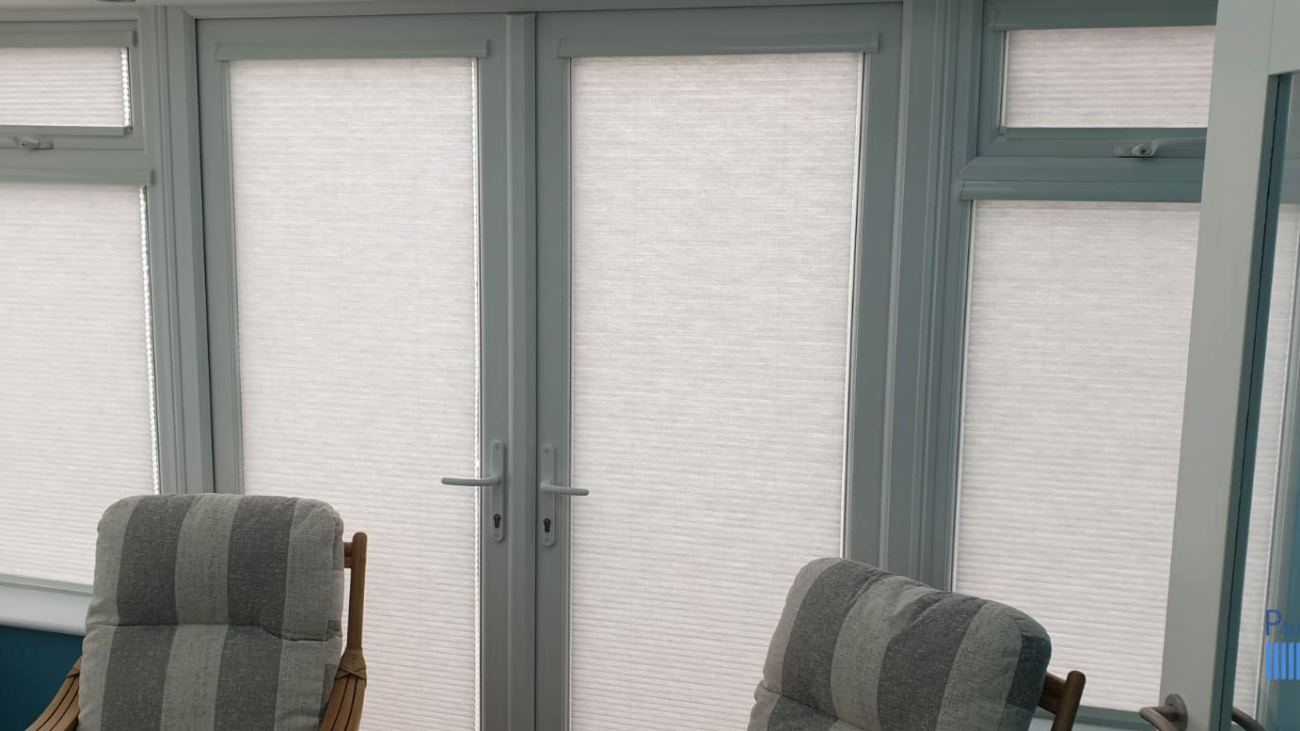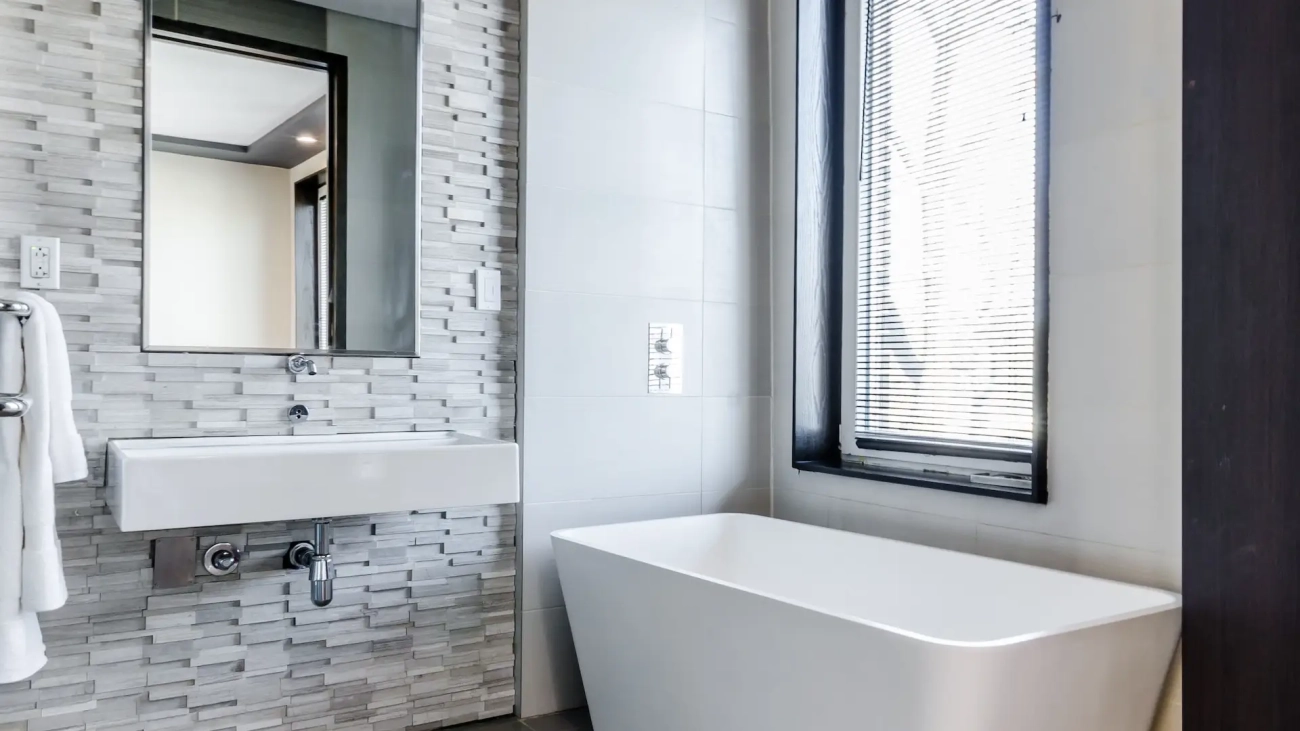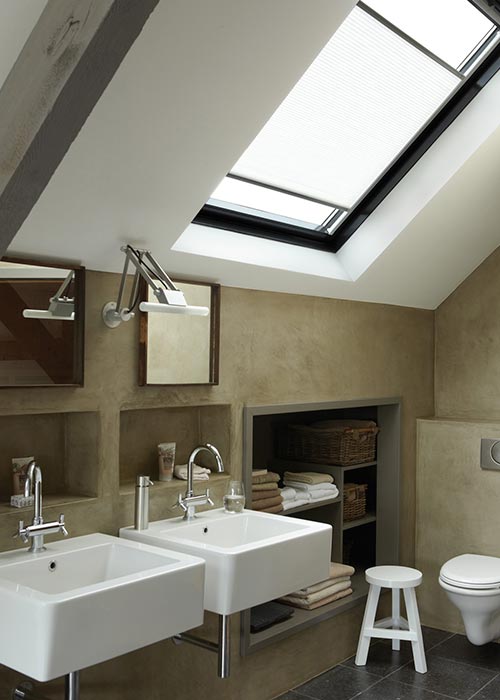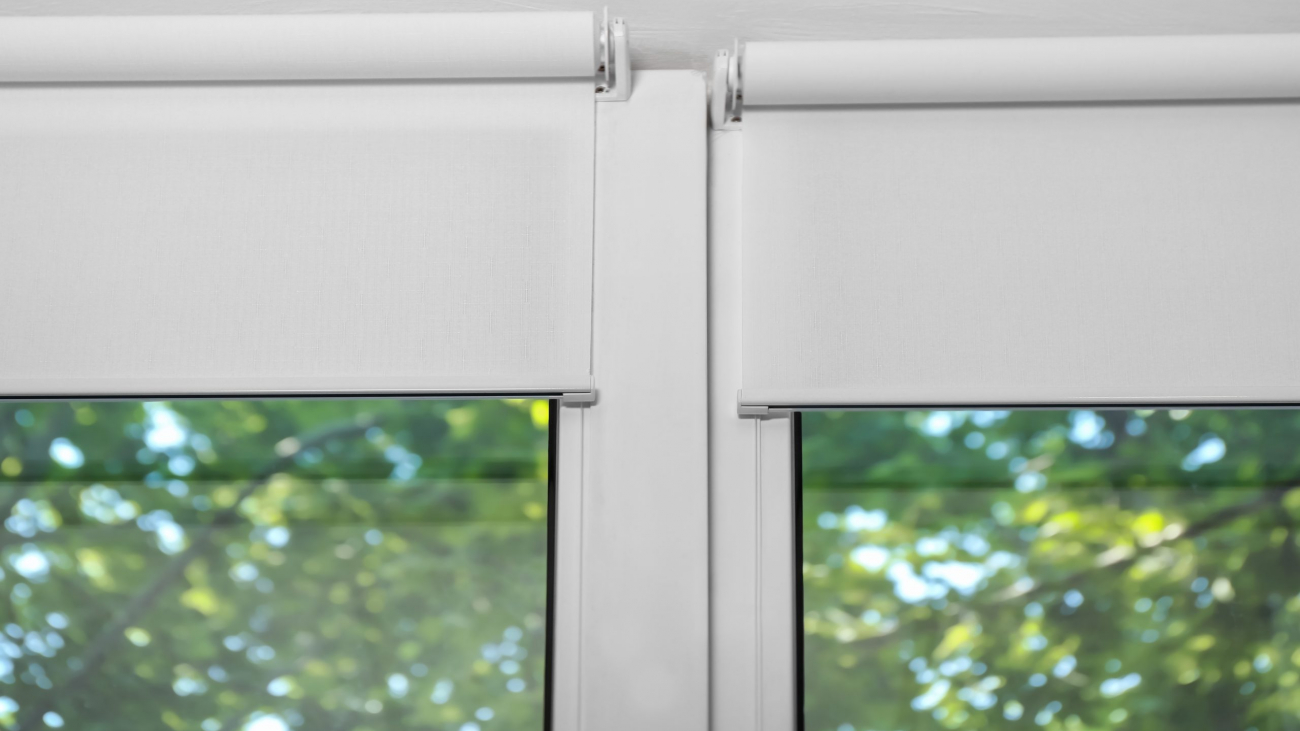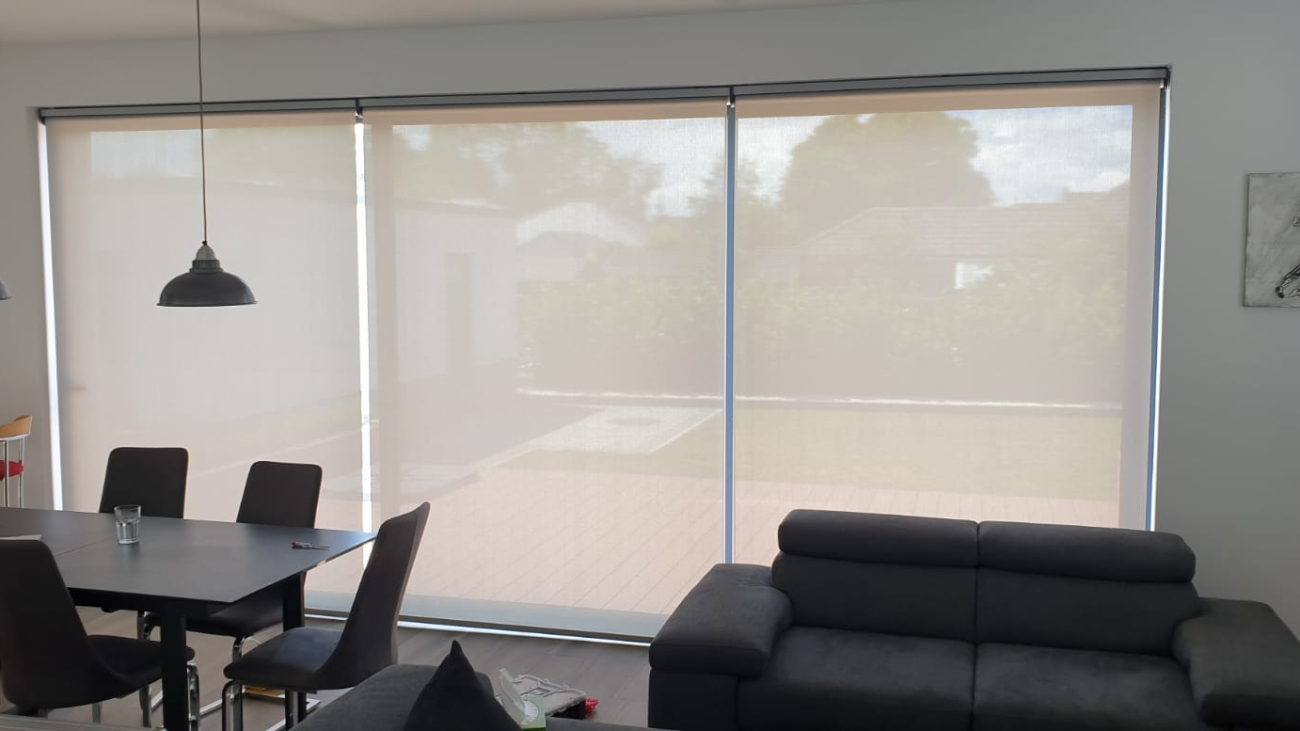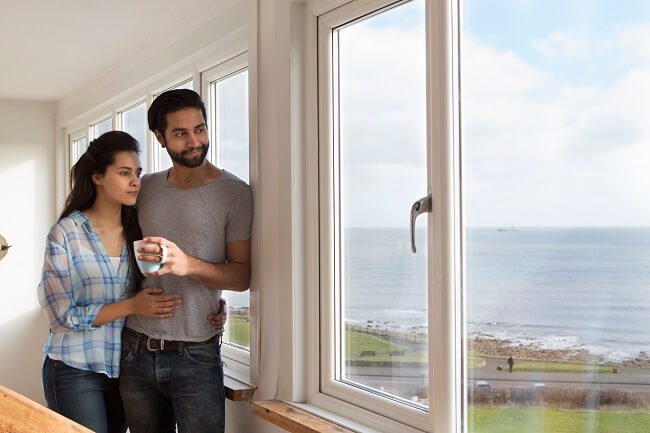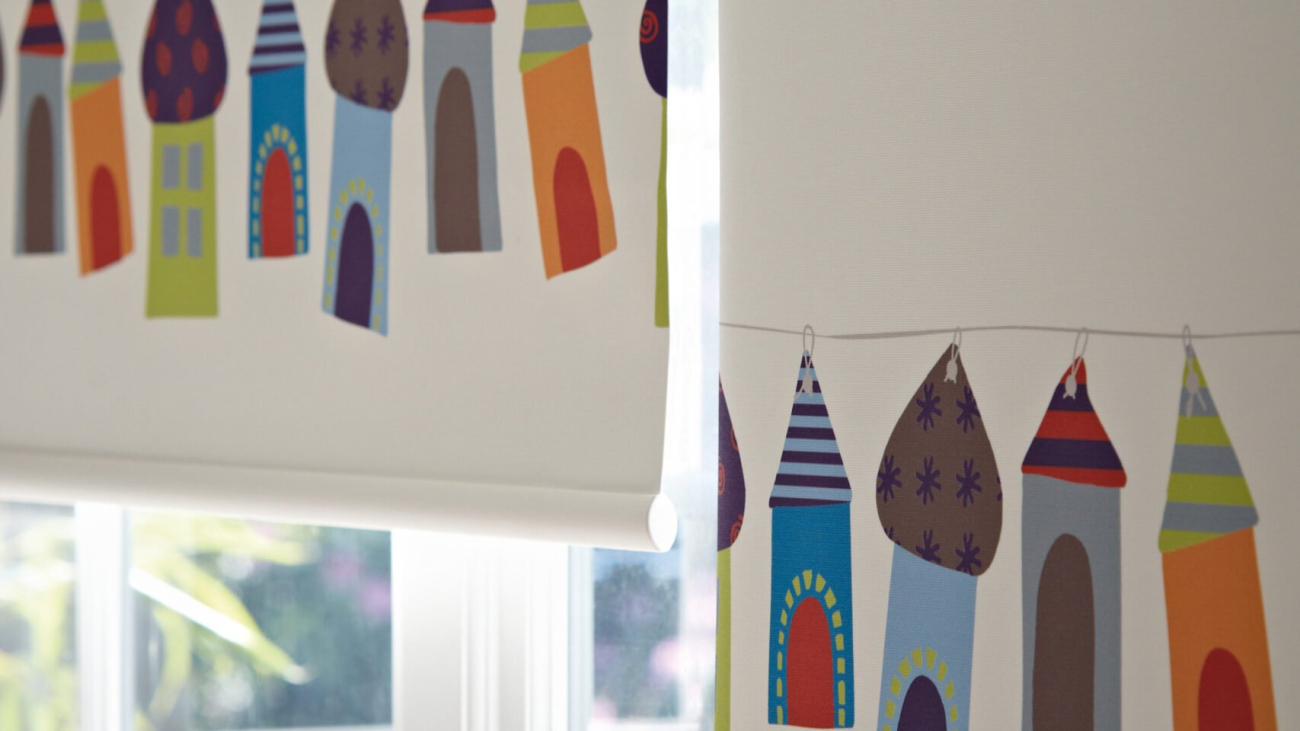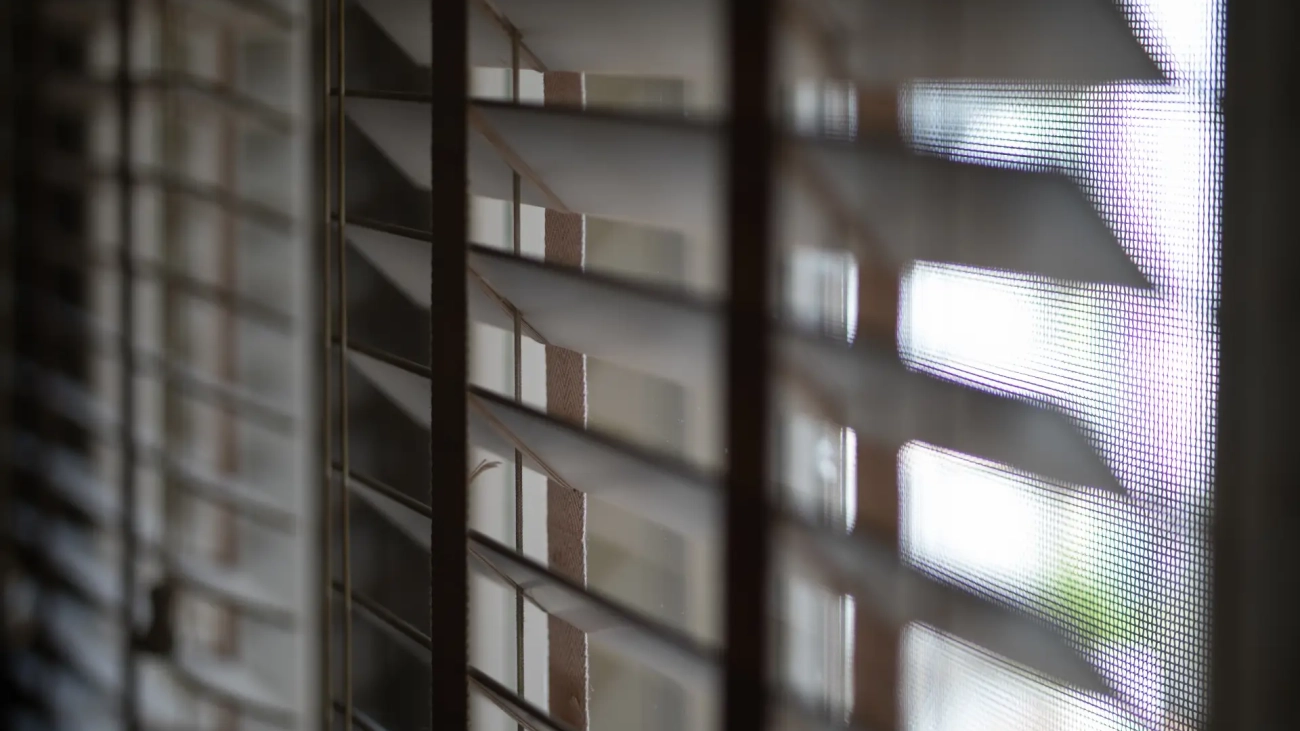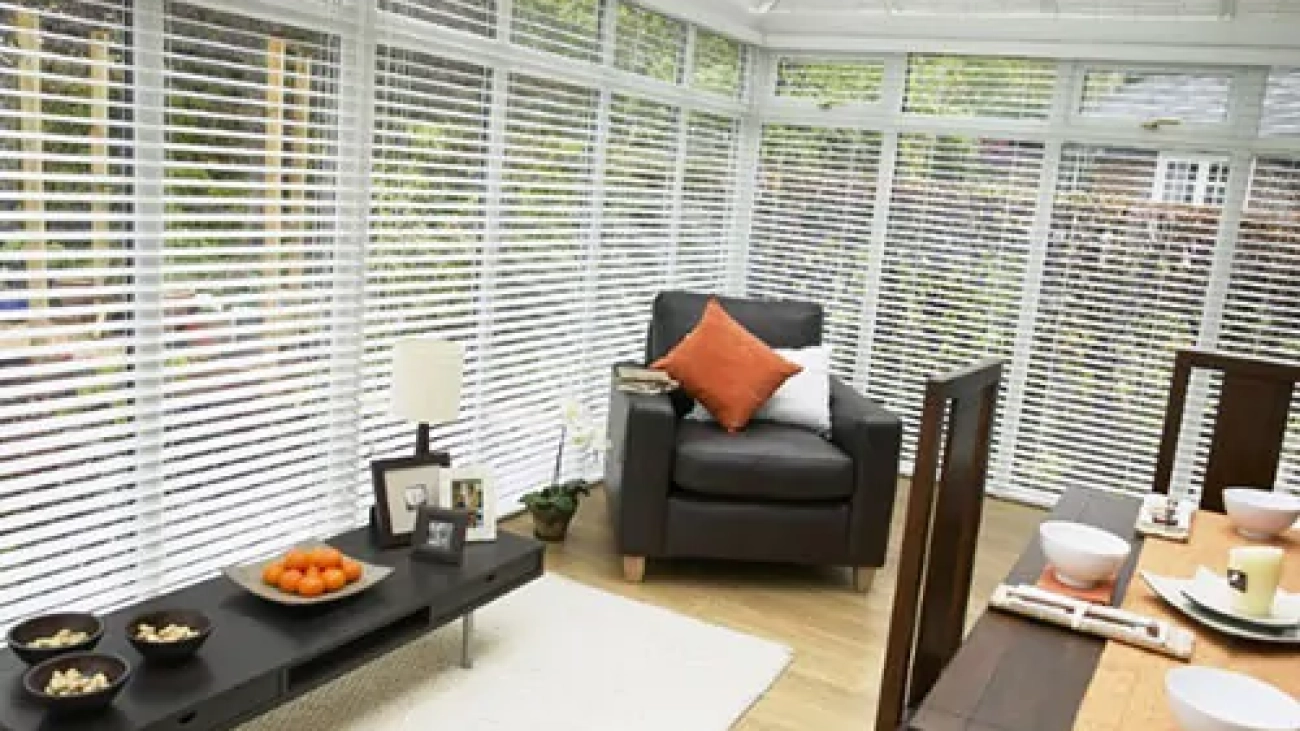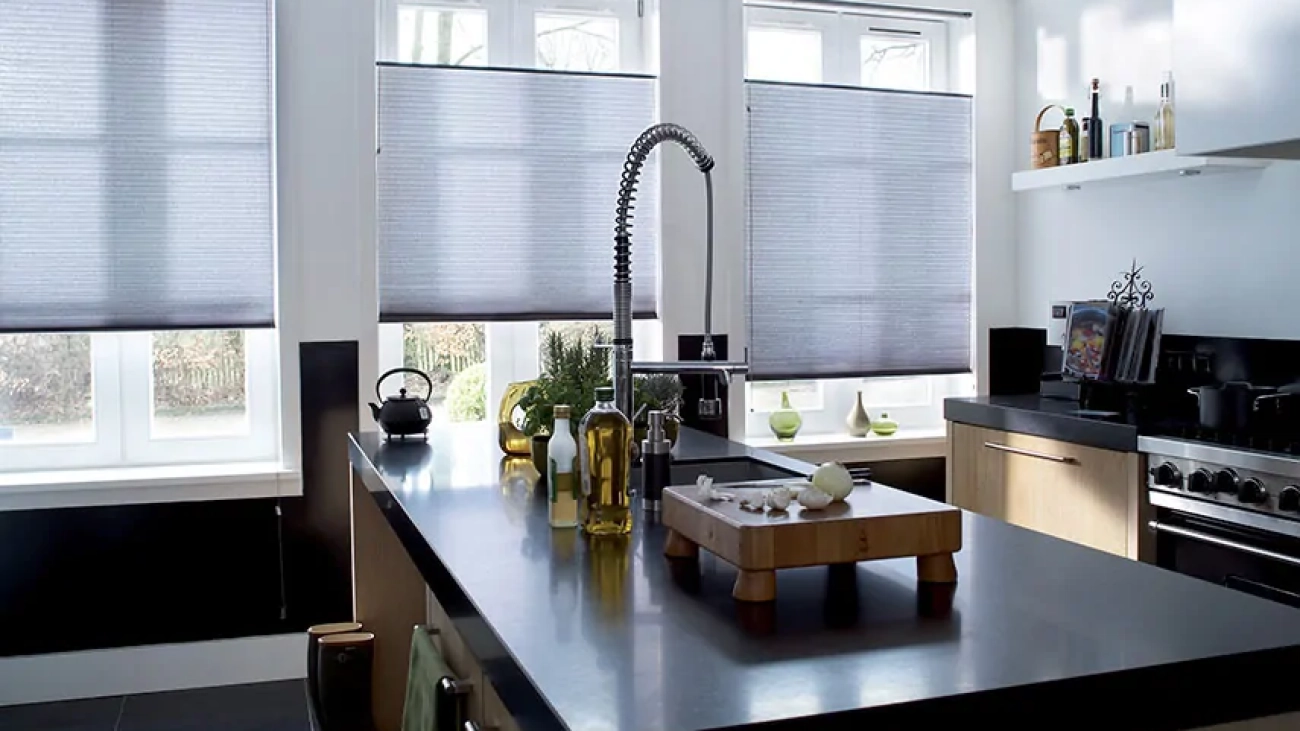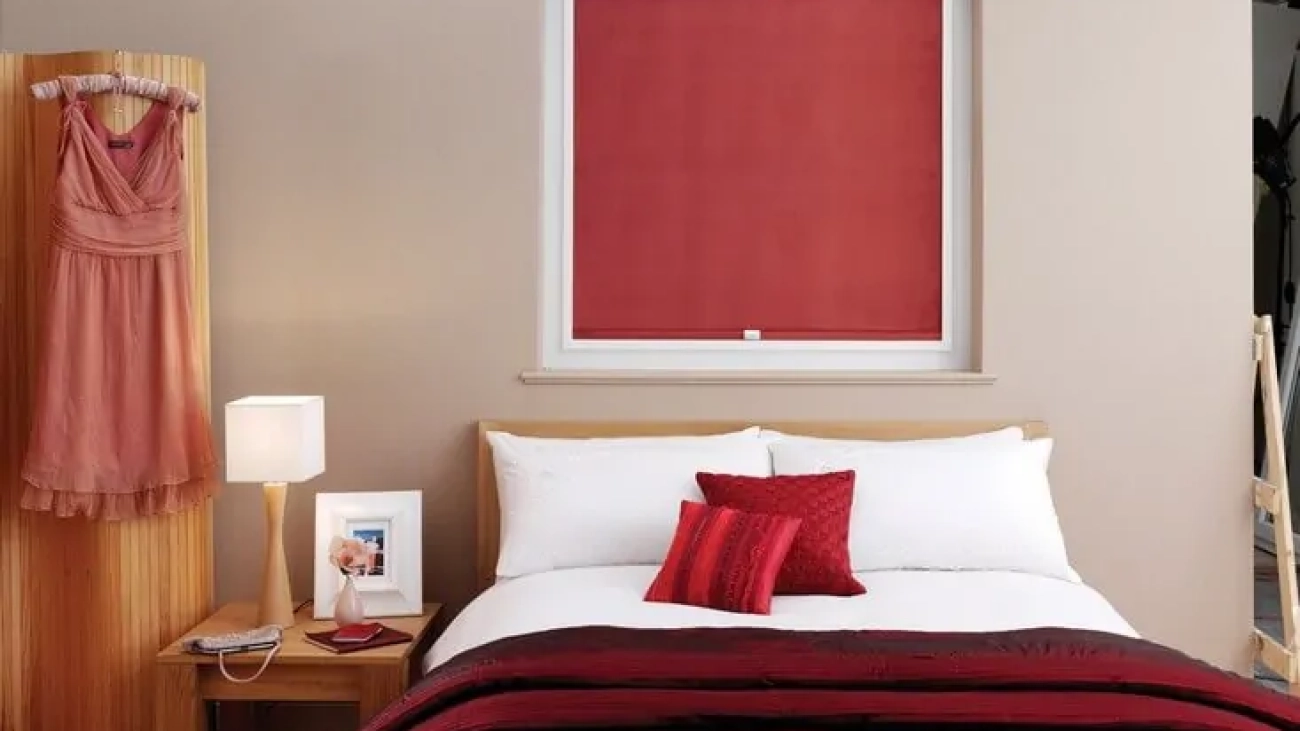Finding the best blinds for bifold doors is like uncovering hidden treasures in the world of home design. It requires a keen eye, an understanding of the landscape, and, of course, a little bit of adventure. So, if you’re on the hunt for the perfect blinds to complement your bifold doors, buckle up! This guide will steer you on the right path, dispelling doubts, providing clarity, and ultimately leading you to the prize – the best blinds for your bifold doors.
Bifold Doors: The Elegant Space Enhancers
Let’s set the stage by understanding the charm of bifold doors. Their popularity is no accident. Bifold doors, also known as folding sliding doors, are a sublime blend of style, functionality, and innovation. They’re a brilliant solution for opening up spaces, enabling a seamless connection between the indoors and outdoors, and flooding your home with natural light. Their ability to fold back neatly makes them a smart choice for spatial efficiency, while their chic aesthetics can lift the vibe of any home.
The Advantages of Installing Blinds on Bifold Doors
Now that we appreciate the allure of bifold doors let’s layer on the magic of blinds. Why are blinds the ultimate accessory for bifold doors? For starters, they enhance the beauty of the doors, adding a layer of intrigue and sophistication. They also extend control over light and privacy, allowing you to adjust the ambience as per your needs. With blinds, you can protect your interiors from harsh sunlight and ensure insulation during colder months. So, installing the best blinds for bifold doors is a surefire way to amplify their utility and aesthetic appeal.
Discovering the Best Blinds for Bifold Doors
Uncovering the best blinds for bifold doors is a journey through a variety of choices. Each type of blind offers a unique set of advantages and aesthetic allure. Let’s explore these options.
- Venetian Blinds: Venetian blinds bring a classic charm that is hard to resist. With their horizontally aligned slats, they offer precision control over light and privacy. Their design simplicity is their greatest strength, enabling them to blend seamlessly with any interior decor style.
- Roller Blinds: Roller blinds are the embodiment of minimalist elegance. They provide an effective solution for light control, including the option for complete blackout. Available in various fabrics, designs, and patterns, they offer diverse choices to complement your bifold doors.
- Vertical Blinds: Vertical blinds are a preferred choice for large bifold doors. Their vertically aligned slats offer smooth light and privacy control, while their sleek design brings a modern vibe to your space.
- Pleated Blinds: If you fancy a bit of uniqueness, pleated blinds can be the right pick. Their visually attractive design, combined with effective insulation capabilities, makes them an excellent choice for bifold doors.
- Perfect Fit Blinds: Perfect-fit blinds live up to their name by fitting neatly into the window frame of your bifold doors. Their clean, clutter-free look is a definite crowd-pleaser.
Decoding the Best Blinds for Bifold Doors: Factors to Consider
Selecting the best blinds for your bifold doors requires thoughtful consideration. Here are some key factors that should influence your decision.
- Size and Installation – The blinds you select should match the size of your bifold doors perfectly. Easy installation is another crucial aspect to look for when choosing the best blinds.
- Material Quality and Durability – High-quality materials translate into durable blinds. Therefore, it’s essential to prioritise quality over cost when searching for the best blinds for your bifold doors.
- Control and Privacy – Depending on your personal needs, choose blinds that offer the right balance of light control and privacy. Some blinds can completely block out light, while others allow a filtered light effect.
- Style and Aesthetics – Your blinds should enhance the aesthetic appeal of your space and blend well with your existing decor. So, whether you prefer a classic, modern, or eclectic style, choose the best blinds that reflect your personal taste.
Uncover the Best Blinds for Bifold Doors: The Decision
To uncover the best blinds for your bifold doors, you need to weigh the advantages and disadvantages of each type of blind. Consider your personal needs, preferences, and the specific characteristics of your space. This approach will ensure that you discover the best blinds that perfectly align with your requirements.
Choosing the best blinds for your bifold doors can dramatically enhance your space. They can imbue your rooms with a distinct character, provide you with optimal control over light and privacy, and reflect your personal style. So, take your time, consider your options, and make a choice that you’ll love for years to come!
FAQs
Why should I install blinds on my bifold doors?
Installing blinds on your bifold doors enhances their aesthetic appeal and functionality. They provide control over light and privacy, insulation, and can also protect your interiors from harsh sunlight.
What are the best blinds for bifold doors?
The best blinds for bifold doors depend on your personal preferences and specific needs. Some popular choices include Venetian blinds, roller blinds, vertical blinds, pleated blinds, and perfect-fit blinds.
How do I maintain the blinds on my bifold doors?
Regular cleaning, gentle handling, and prompt repairs can significantly extend the lifespan of your bifold door blinds. Use a soft cloth or vacuum cleaner for cleaning, avoid harsh chemicals, and ensure timely repairs if any damage occurs.
How do I choose the best blinds for my bifold doors?
To choose the best blinds for your bifold doors, consider factors such as the perfect fit, quality of materials, light control and privacy, and style and aesthetics. You should also consider the ease of installation and maintenance.
Can blinds increase the value of my home?
Yes, installing high-quality blinds can potentially increase the value of your home. They enhance the aesthetic appeal of your space, improve energy efficiency by providing insulation, and offer greater control over light and privacy.
The journey to discover the best blinds for bifold doors may be long, but it’s definitely worth the effort. After all, the right blinds can truly transform your living spaces, making them more comfortable, functional, and aesthetically pleasing. So, embark on this journey with confidence and look forward to the incredible transformation that awaits your home!
If you’re looking for bespoke blinds in any style, colour, design or material, look no further than Paul James Blinds. Established for over 8 years, we have built a firm reputation as trusted blinds suppliers and installers, which is largely owed to our huge range of options and our high standards of customer service. Please don’t hesitate to get in touch for advice or to arrange a free home visit – we serve the areas of Sudbury, Colchester and beyond.
